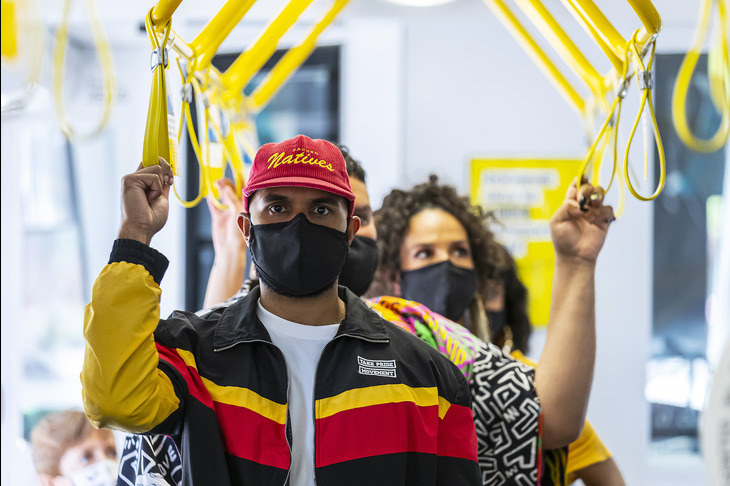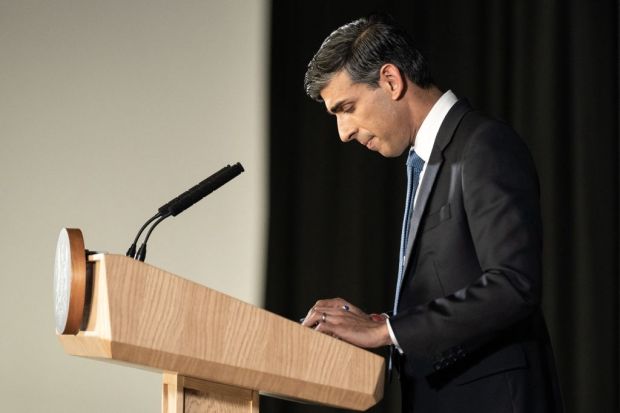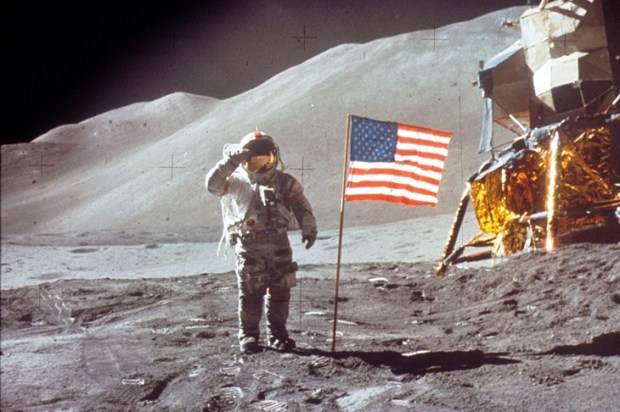If you need proof of the politicisation of everyday life, look no further than Melbourne’s public transport. Political propaganda parading as art adorns the sides of trains, trams, and buses across the metropolitan network.
The most recent example is the Victorian government’s Rising exhibition, a partnership with Melbourne Trams to deliver ‘moving artwork’ featuring ‘vivid visions of Blak Futurism’, all funded by the Victorian taxpayer.
Already a subscriber? Log in
Subscribe for just $2 a week
Try a month of The Spectator Australia absolutely free and without commitment. Not only that but – if you choose to continue – you’ll pay just $2 a week for your first year.
- Unlimited access to spectator.com.au and app
- The weekly edition on the Spectator Australia app
- Spectator podcasts and newsletters
- Full access to spectator.co.uk
Or


























Comments
Don't miss out
Join the conversation with other Spectator Australia readers. Subscribe to leave a comment.
SUBSCRIBEAlready a subscriber? Log in